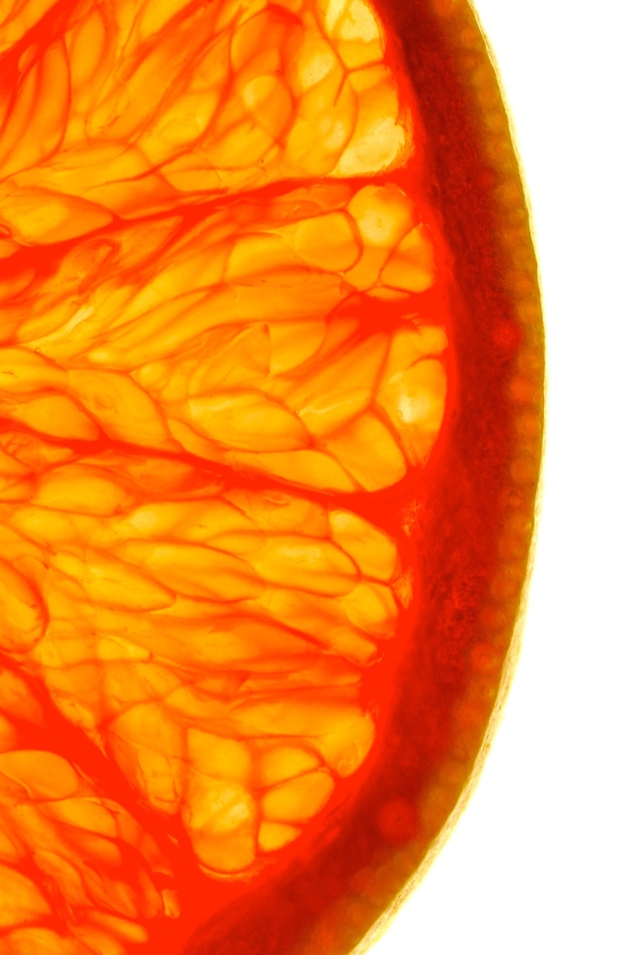We live in an age where everyone can take stunning quality photos on their phone, and some of those photos can even earn you big bucks. But is being an inspiring photographer putting yourself and your peers at risk of falling into bad dieting habits?
The National Osteoporosis Society is the latest medical company calling out dangerous patterns.
This week, the National Osteoporosis Society launched research caution that so-called “clean eating trends” that cut out significant food groups, such as dairy, gluten, and improved sugars, might jeopardize the health of young people that are heavily influenced by digital content on social media that glamorise clean eating and are topped with a nice filter to sweeten the deal.
The NSO surveyed 2,000 grownups, and found that 4 in 10 young adults have tried dieting. 20 percent of them had either cut out or restricted their consumption of dairy, badly restricting their calcium intake. This age was also the most likely to get their nutritional information from social media. The NOS now thinks that these dietary trends are putting this generation at a greater risk for developing osteoporosis. Depictions of prepared meals aren’t all bad; however it’s the photos with subliminal messages and an agenda that could hurt young adults.
The issue might be that numerous youths who try these diets aren’t doing their research study through reputable, certified sources. They’re simply looking at photos on social media and attempting to mimic what they see without seeking advice from any professional sources about what is right for their particular bodies.
Since freshly prepared food has become a regular feature on social media platforms, issues that individuals’ health will suffer if they don’t follow suit have followed. Yet some experts think social media isn’t entirely to blame.
Nikki Ostrower, who founded NAO Nutrition after getting back on his feet from a series of eating disorders, thinks that a culture preoccupied with dieting is the genuine issue.”We’ve always been obsessed with dieting,” she told me. “Diets, whether in paid announcements or in books, have actually been around permanently.”
While Ostrower concurs that “social media is an easy [place] to get lost in compare and despair,” she thinks resolving unhealthy teen habits needs to go beyond managing their use of social media.
“Parents are giving their kids control over their phones, and while technology can be addictive and exhausting, I don’t think that’s the problem. We were never given tools to build confidence and self-esteem,” she stated. She suggests meditation, positive affirmation, yoga, and naturally, the guidance of a medical professional.
But until more people want adopt Ostrower’s methods, and seek advice from an expert when aiming to change their diet plans, social media will be a looming risk to our health. There’s been plenty of research in the past to show the unsafe impact social media fad diets can have on young people in specific.
Back in 2014, Elle reported on the threats of social media-driven diet fads.
“There’s just so much information out there that I think it’s become confusing for people to wade through it and figure out what is actually a truly holistic, healthy approach versus this obsession with comparing and the weight-focused discussions,” Claire Mysko, director of the National Eating Disorders Association informed the publication.
And a 2015 Rutgers study tried to combat the sea of misinformation drifting around the internet about healthy eating: The authors composed that “some [information] is blatantly misleading and questionable, “and described ideas on the best ways to identity trusted sources for dietary information. They recommended making “sure the author(s) have the appropriate education and qualifications to share information on apps, blogs and websites. If social media does not meet these requirements, then search for sites or apps that can be considered peer reviewed and accurate. Social media needs to be more than just quick and efficient.”
And in 2015, the Guardian consulted with a nutritionist named Rhiannon Lambert who encountered a condition called orthorexia— a term created in 1997 for a “fixation with exemplary eating” (it’s still ruled out as an official scientific medical diagnosis).
“Young people lose sleep over this and cannot afford the lifestyle needed to maintain it,” Lambert said. “Health bloggers can be unqualified and offer dangerous advice…They often give advice on clean eating with no scientific backing.”
Self styled wellness gurus have actually taken over social media by writing content that promotes diet fads. Freelee the Banana Woman shot to fame on YouTube for her extreme vegan diet plan– she consumes 50 bananas a day– however rapidly dealt with the reaction for her incendiary, and unscientific, opinions on the best ways to remain healthy. Celebs like Nicki Minaj and Kylie Jenner have been promoting teatoxes on their Instagram accounts as an approach for weight reduction. Teen Vogue stated these teas as bogus– they merely include an FDA authorized laxative called Senna that will empty you out, but not in fact lower your weight.
However even though they’ve been exposed, detoxing trends still have more than eight million posts on Instagram, and Ostrower cautions that none are a one-size-fits-all miracle treatment.
“Detoxing is very serious. We want to monitor that. Everyone needs a different cleanse. It might not always be a juice. It could be a whole foods cleanse,” she stated.
All in all, when it comes clean eating you shouldn’t put excessive stock in what you see on your Instagram and Twitter feeds– unless it’s from a certified professional.

